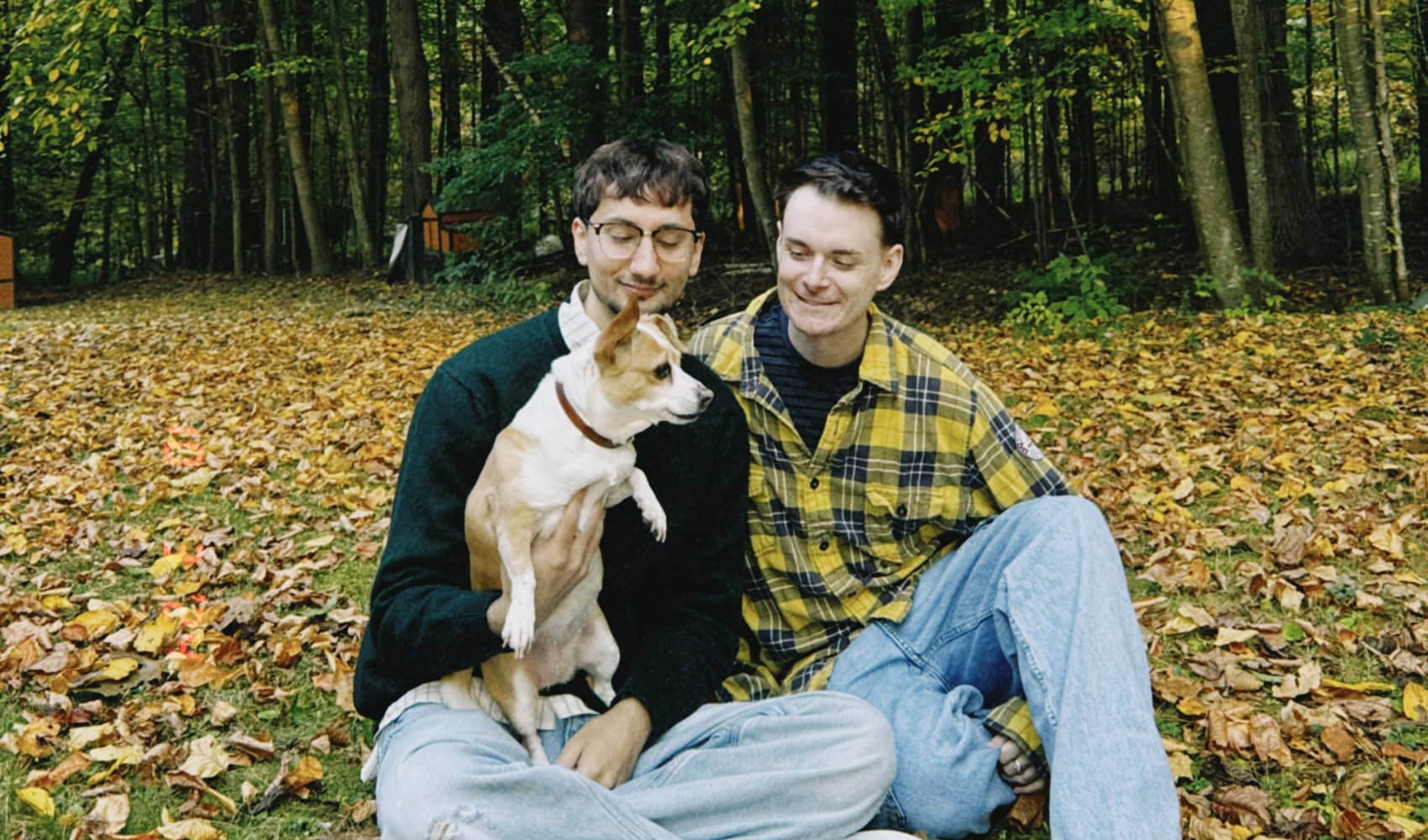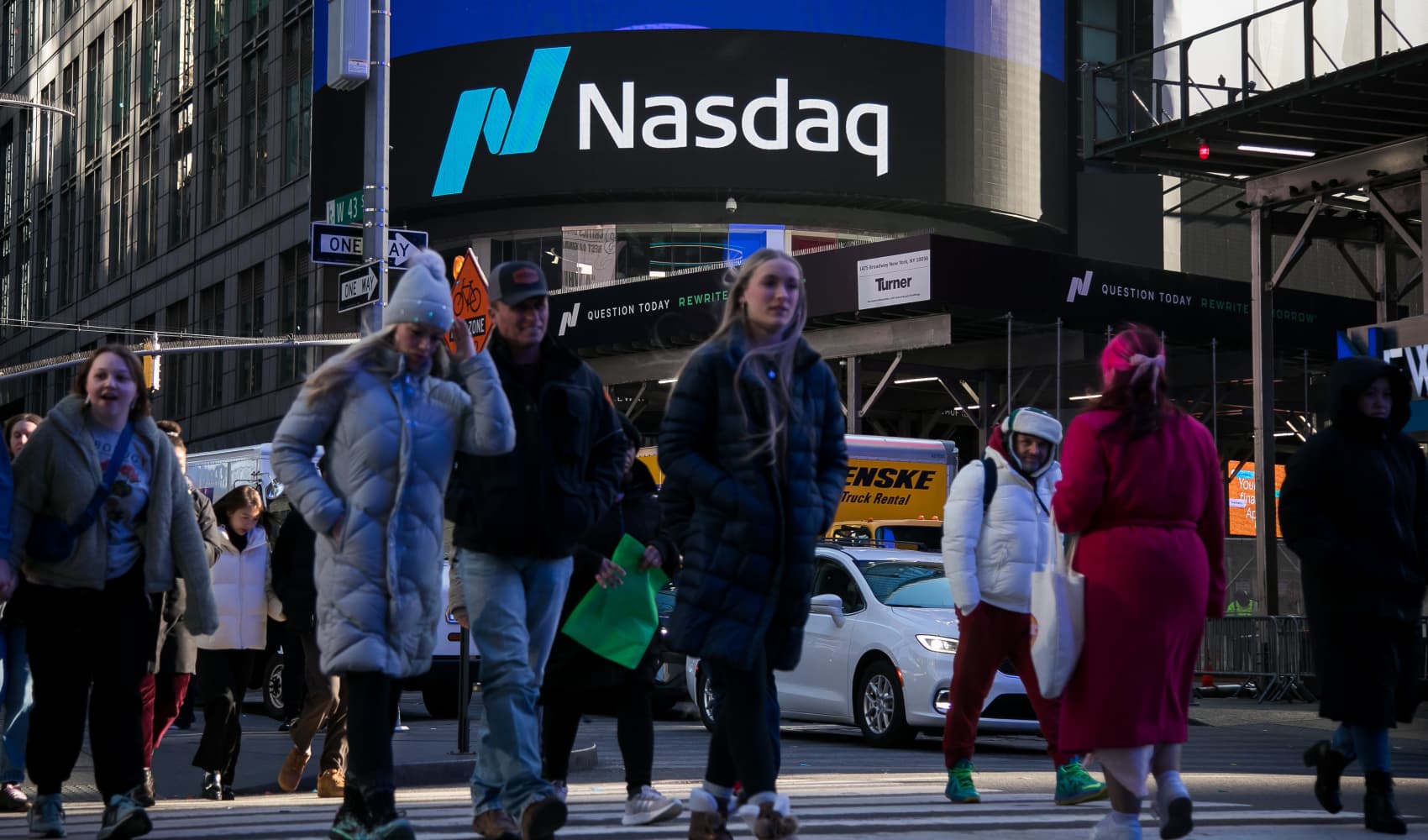
- The western state of Maharashtra, home to India's financial capital Mumbai, has so far reported more than 5.4 million cases, including over 82,000 deaths from Covid-19.
- Ministers of the state, including Chief Minister Uddhav Thackeray, have been discussing various ways to respond to an impending third wave, Aaditya Thackeray, tourism and environment minister for Maharashtra said.
- Some predict a third wave could hit India potentially between September and October.
After being the epicenter of a devastating second wave, India's wealthiest state is already taking steps to prepare for a possible third wave, according to its tourism and environment minister.
The western state of Maharashtra, home to India's financial capital Mumbai, has so far reported more than 5.4 million cases, including over 82,000 deaths from Covid-19, according to health ministry data. It is the worst-hit state in the country so far.
Get top local stories in Southern California delivered to you every morning. >Sign up for NBC LA's News Headlines newsletter.
Since last month, ministers of the state, including Chief Minister Uddhav Thackeray, have been discussing various ways to respond to an impending third wave, which could potentially occur sometime between September and October, Aaditya Thackeray told CNBC's "Street Signs Asia" on Tuesday.
"For the third wave, we are preparing for three major things," said Thackeray, who is also the chief minister's son.
First, is the state's medical response, which is currently guided by a task force comprising 11 doctors who have put together standard operating procedures for Maharashtra's administrative and medical responses. Thackeray explained the state is looking into which demographics could be affected in a third wave — particularly children and teenagers who have mostly been spared by the previous two waves.
Money Report
The state is ramping up efforts to ensure there are adequate hospital beds, oxygen supply as well as intensive care units.
Second, it is also deciding on social guidelines such as the need for wearing multiple masks, Thackeray said.
"The third thing, of course, is the corporate response. Because industries have to go, work has to go on. That's how we are trying to prepare for this third wave," he added.
India's Covid situation
India's daily reported cases have been falling since reaching a record high of over 414,000 new infections over a 24-hour period on May 7. Some have suggested that the second wave may have already reached its peak.
On Monday, new cases fell below 300,000 for the first time since April 21. But the fatality rate has remained above 4,000 for the last three consecutive days including Tuesday, when at least 4,329 more deaths were reported. Experts have suggested India's fatalities are being severely undercounted.
Medical experts have said that India's best shot at countering future waves is to vaccinate as many people as possible. The country has already administered more than 184 million doses of Covid-19 vaccines amid a domestic shortage, but a large portion of them are just first doses. Currently people 18 and above are eligible to get inoculated.
Reports suggest the pace of vaccination has slowed as states scramble to secure supplies. India's Health Minister Harsh Vardhan said in a statement Saturday that the country will have 516 million doses by July, including shots already administered, and that number will rise to 2.16 billion doses between August and December.
Thackeray said Maharashtra is trying to procure as many vaccines as possible for the state. Municipal corporations in major cities like Mumbai are also doing their own procurements. He explained that logistics present a challenge for the state's plans to vaccinate people in rural or densely populated areas.
"In terms of planning, in terms of setting up vaccination rules, almost everything is in place. All we are waiting for is enough supplies," he said. Maharashtra accounts for just over 10% of all vaccine doses administered so far in India, according to health ministry data.
"The medical belief in the state is, if we want to prevent a third wave — which we see a possibility around September-October — we have to vaccinate as many people as we can, to protect them," Thackeray added.
The state has also extended its lockdown until the end of the month, during which nonessential activities are restricted. Thackeray said re-opening will entirely depend on how many Covid-19 cases are reported in Maharashtra and that it would still be slow and staggered.






